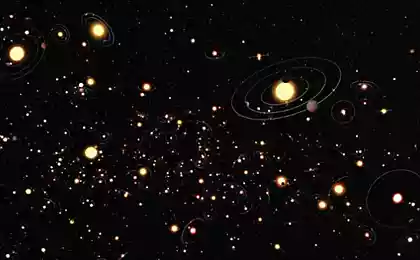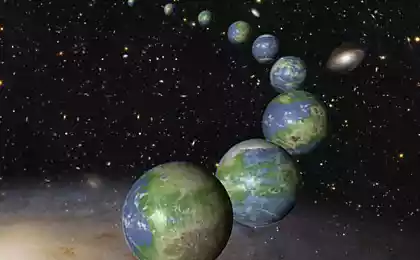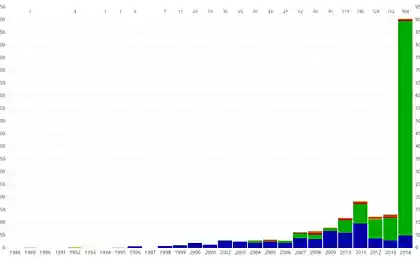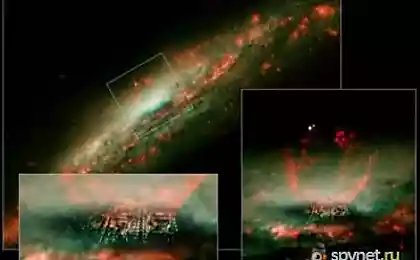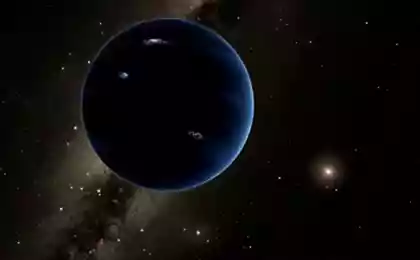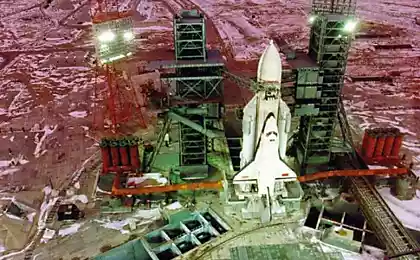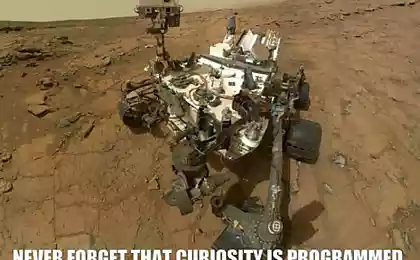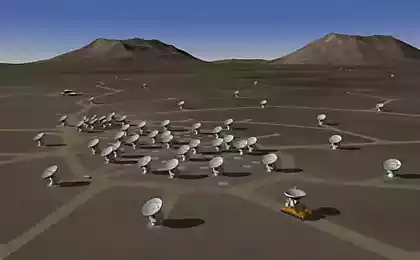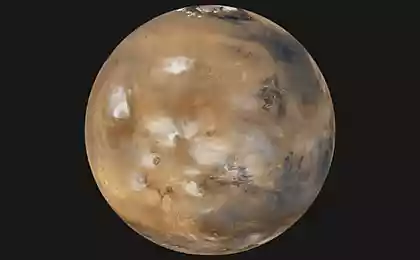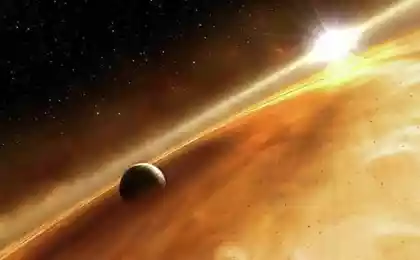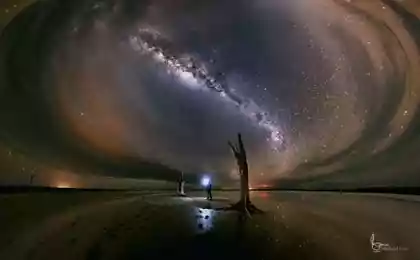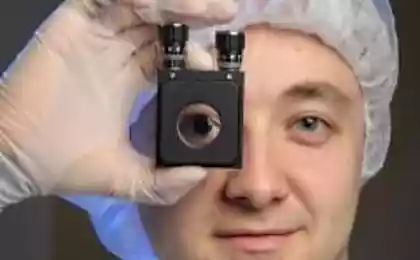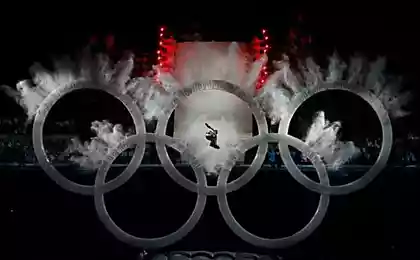440
The materials for the formation of earth-like planets scattered around the milky Way
The results of a new study suggest that is necessary for the formation similar to our Earth of the planets of the material is in many stellar systems in our galaxy. This contradicts our previous ideas about the composition of exoplanets. Previously it was thought that there are three types of stone planets: Earth-like (consisting of carbon, oxygen, magnesium and silicon), containing more carbon and containing more silicon than magnesium.
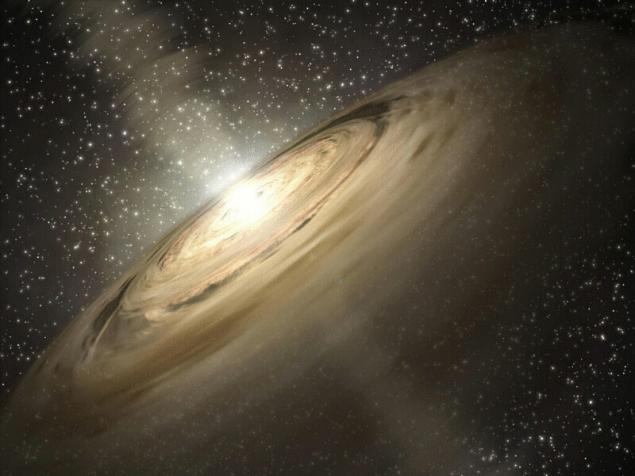
"The ratio of elements in the Earth caused chemical reactions, which appeared in life, says lead researcher brad Gibson, astrophysicist of the University of hull in the UK. — Too much magnesium or too little of the silicon will lead to the fact that the balance between minerals on the planet will form similar to the crust type rocks. The excess carbon will make the planet's surface similar to the graphite core of the pencil."
New results were obtained in result of computer simulation of the formation of the milky Way. At first, scientists were unsure of the correctness of the created model, however, she was able to correctly predict some of the details — for example, the frequency with which in our galaxy are born and stars die.
The researchers also drew attention to inaccuracies in the results of observations of exoplanets that do not allow to determine the number of Earth-like planets.
"If you remove these inaccuracies, our assumptions are correct — the same basic building blocks are in each star system in any part of our galaxy," said Gibson.
These inaccuracies have arisen, in particular due to the fact that today are studied mainly large planets orbiting bright stars — these planets are much easier to detect. In addition, it is difficult to distinguish between the spectra of oxygen and Nickel. The researchers expressed confidence that the new methods will make observations of exoplanets more accurate.
P. S. And remember, just changing your mind — together we change the world! ©
Source: vk.com/science_technology

"The ratio of elements in the Earth caused chemical reactions, which appeared in life, says lead researcher brad Gibson, astrophysicist of the University of hull in the UK. — Too much magnesium or too little of the silicon will lead to the fact that the balance between minerals on the planet will form similar to the crust type rocks. The excess carbon will make the planet's surface similar to the graphite core of the pencil."
New results were obtained in result of computer simulation of the formation of the milky Way. At first, scientists were unsure of the correctness of the created model, however, she was able to correctly predict some of the details — for example, the frequency with which in our galaxy are born and stars die.
The researchers also drew attention to inaccuracies in the results of observations of exoplanets that do not allow to determine the number of Earth-like planets.
"If you remove these inaccuracies, our assumptions are correct — the same basic building blocks are in each star system in any part of our galaxy," said Gibson.
These inaccuracies have arisen, in particular due to the fact that today are studied mainly large planets orbiting bright stars — these planets are much easier to detect. In addition, it is difficult to distinguish between the spectra of oxygen and Nickel. The researchers expressed confidence that the new methods will make observations of exoplanets more accurate.
P. S. And remember, just changing your mind — together we change the world! ©
Source: vk.com/science_technology
The length of a man's finger as the indicator for women
Safe kitchen cleanse of only two ingredients

